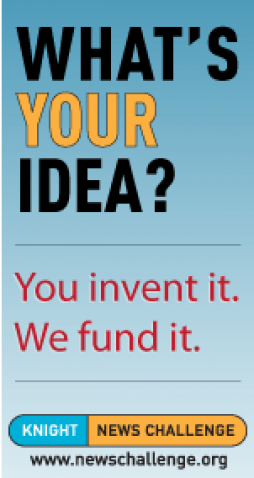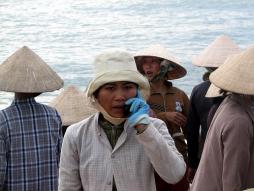cell phones
Posted by MarkWeingarten on Jan 13, 2011
Framing M4D: The Utility of Continuity and the Dual Heritage of “Mobiles and Development" data sheet 1995 Views
Abstract:
The paper suggests that research on the role of mobile telephony for socioeconomic development (M4D) draws on two frames. One frame stresses the relative freedom of telephone users to do whatever they choose. The other stresses how technologies and technology-led interventions are embedded in recursive, context specific relationships with user communities. Together these frames support M4D’s “dual heritage”. After detailing current M4D archetypes representing each heritage, the paper introduces a conceptual and practical synthesis, that is, large-scale platforms for distributed, semi-constrained interaction.
This paper considers two examples of such platforms—MXit, South Africa’s mobile social networking service and M-PESA, Kenya’s mobile money transfer system—including both anticipated and unanticipated consequences of operating “at scale” and beyond the confines of a controlled M4D intervention. Finally, this paper introduces implications of the dual heritage and of the rise of hybrid platforms for research and practice.
Posted by KatrinVerclas on Dec 31, 2008
Some people are claiming that the conflict in Gaza is a "social war." But so far, social media is used mainly for propaganda and there is a marked absence of voices from people affected by the conflict, and of useful applications of mobile and other social media. As the Israeli bombing of Gaza is continuing and is now in its third day, mobile communication is beginning to make the news but is not playing the dominant role in citizen reporting and aid communications as it has in other conflicts.
A few examples that have not been reported anywhere else: Souktel, an organization in Ramallah that is known for its SMS-job matching service connecting Palestine youth with work, is running a Palestinian "SMS Blood Bank" program for the Red Crescent.
Posted by KatrinVerclas on Sep 25, 2008
The Knight News Challenge 2008, a worldwide contest, reopened again for a new round. There is $5 million in funding available for digital media experiments to innovate news and communication - including mobile! The deadline is November 1, 2008.
The contest is open to community-minded innovators worldwide, from software designers to journalists to citizens and students of any age. Winning entries must have three elements:
Posted by on Jan 01, 1970
n/a
Posted by KatrinVerclas on Jan 29, 2008
We are occasionally commissioned to write introductory articles about the mobile revolution and implications for NGOs for various publications. Here is one broad overview of some areas where mobiles are deployed in civil society.
Cellphones have become the most ubiquitous communication device in the hands of human beings. There are an estimated 3.5 billion mobile phones in use and there is coverage in even remote corners of the world. Cellphones have revolutionized not just the way we work and organize within cultures and societies, but have the potential to change how NGOs (non-governmental organizatios) operate.
Mobile phones are already experimentally used in multiple ways by NGOs. We at MobileActive.org have been tracking how organizations in areas such as health and disease prevention, economic development, humanitarian relief, democratic participation, and advocacy are using mobile phones to make their work more effective and efficient.
Following are a few examples of what we have seen and where we think mobile phones have potential to be used more strategically by NGOs.


